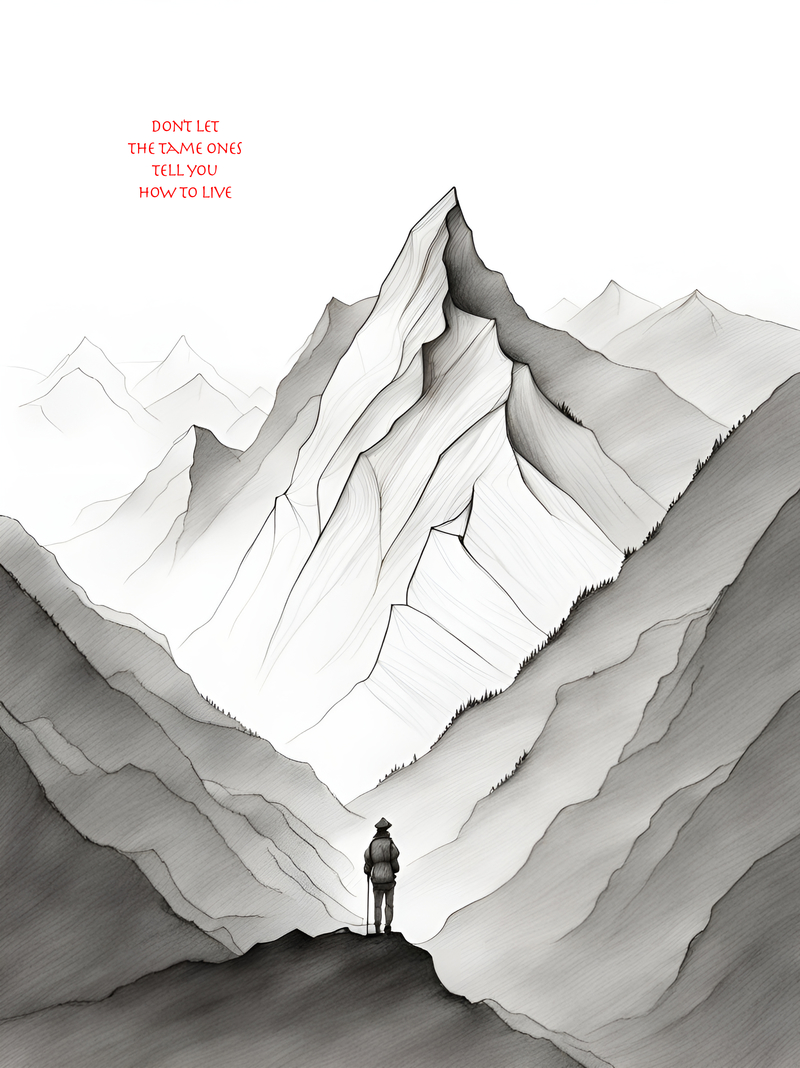“Camera loaded, the light
near sundown blushes
the grey, beat wood
of the boathouse, flashes
along arcs of the waves.
Don’t photograph this. Don’t render it
immutable now. Let it
distort, let it unravel,
reconstruct itself.
This image will retell
this here and now for years,
without conclusion —
It will never change,
it will always be different,
we will never agree. For now,
let the light slip down
around you. Don’t
remember this yet.”
Paul Hogan, Point of Departures (Page 37)
Beyond the Quote (167/365)
In a world where the camera on our phone takes better pictures than most DSLR cameras from just a few years ago, where 4K quality can be held in the palm of one hand and activated with the push of one thumb, where so much of what we see and hear in the world can be so vividly captured and contained within the confines of a memory chip that’s smaller than a penny and backed up by an imaginary cloud—the line between knowing when to be present in a moment and when to capture a moment can become incredibly blurred. Hell, if we wanted to, we could record every moment we ever wanted to and store it into a neat and tidy timeline of moments that could quite literally make up the story of our lives. Rather than our life “flashing before our eyes” at the end, we could playback our lives in a flash with just a few clicks on a computer screen.
And yet, no matter how high-def and vivid these moments are rendered, still, something comes up missing. And I’m not just talking about from the moments captured, I’m also talking about from the moment itself while it’s being captured. For, are we really experiencing a moment that we are actively trying to capture? Are we capturing the moment just for the sake of capturing it or so that we can share with others something noteworthy that we’re experiencing now? And if we’re sharing and posting over there, are we really fully present over here? I find myself constantly torn between what to capture and what to leave uncaptured. Struggling to find the signals for which moments should be contained and which ones should be left alone. How to know for sure?
It seems to me that some things in life are better left uncaptured. Left untamed. Left wild for my memory and imagination to wrestle with as time goes on. Like a lion left untamed and free to roam, roar, and rest as he chooses in the wild. For, when a lion is captured and contained within the confines of a zoo, something happens—something becomes missing. Maybe some moments can’t be captured in full—just like a wild lion can’t really ever be captured in full? For when you capture a wild lion you lose the “wild” and have but a lion. Maybe that’s what happens with moments too? Maybe when you capture raw and real moments you lose the “raw” and “real” and are left with but a moment? Maybe that’s not a bad thing? But, maybe it’s something to more carefully consider?
And how does this play out over a longer period of time? Is life lived through a lens a life fully experienced or is it a life experienced as a movie—from a perspective that is other than our own? From a third person rather than from a first person perspective? From a perspective other than the one that comes from our true being when we are free of mind and witnessing with all of our senses? What if the captured moments that we were so avidly collecting were but weakened, unsaturated reconstructions of the very potent and raw moments that we weren’t even fully present to embrace? What if that’s where a feeling of “dull” or “lack” comes from? Half lived moments now and half rendered moments that we look at later? Maybe the potency of a moment experienced in full outweighs the sum of the two halves?
And oh, how beautifully this struggle is illustrated in the “Ghost Cat” scene in The Secret Life of Walter Mitty. After searching high and low for the elusive snow leopard, Sean O’Connell (the world-renowned photographer for LIFE Magazine) finally spots one of the “ghost cats” through his viewfinder. But instead of snapping all the frames he can, he simply sits and stares in wonder. Walter Mitty (played by Ben Stiller), is confused by this. “When are you going to take it?,” Mitty asks O’Connell. “Sometimes I don’t,” he replies. “If I like a moment, for me, personally, I don’t like to have the distraction of the camera. I just want to stay in it.” “Stay in it?” “Yeah. Right there. Right here.”
Maybe this moment, right here, right now—we shouldn’t remember just yet? Maybe we should let the light slip down around us? Maybe this image will retell this here and now for years to come without conclusion? …For, this moment? It will never change. It will always be different. It will unravel. It will distort. It will reconstruct. It will become a part of us. A part of us that will forever shape who we are and how we perceive life. And the deeper those moments are felt—the more keenly aware we are of all that a moment really is—maybe that’s the intensity that really shapes us? Maybe life isn’t about creating a trailer that we can watch on our deathbed—maybe it’s about laying on our deathbed knowing that we lived every moment of our movie in full.
Read Next: Paul Hogan Quote on Dealing With A Mental Health Diagnosis
NEW In The Shop: Don’t Let The Tame Ones Tell You How To Live [Poster]
Why We ♥ It: Some of the best advice I (Matt here) ever got was: don’t take life advice from people who aren’t living a life you want to live and don’t take criticism from people you wouldn’t go to for advice. I created this poster to act as a reminder to listen more closely to our role models and less closely to our critics, trolls, and tamed-comfort-zone-hugger acquaintances. It’s also a perfect gift for the outdoor adventurer, travel enthusiast, or solo explorer (or soon to be). Available in print or digital download. 👇🏼
...Want to advertise your book, product, or service? Send inquiries to matt@movemequotes.com.

Written by Matt Hogan
Founder of MoveMe Quotes. On a mission to help busy people do inner work—for better mental health; for healing; for personal growth. Find me on Twitter / IG / Medium. I also share daily insights here. 🌱
It has taken me 1,000’s of hours to build this free library for you. If it has helped you, you can support my continued effort here. ☕️
